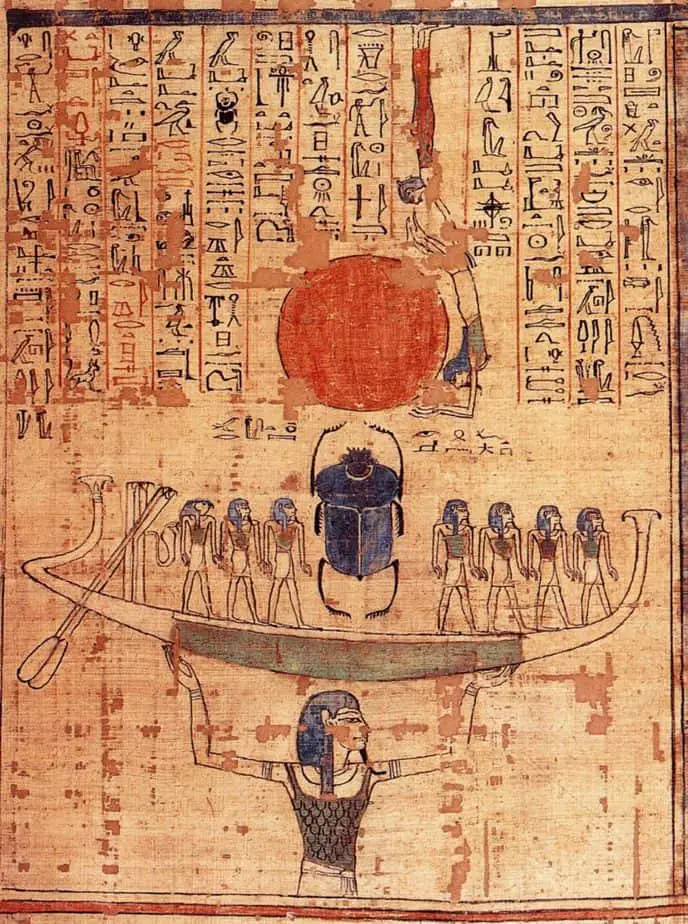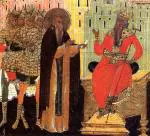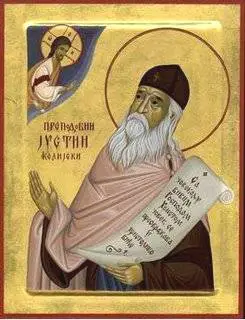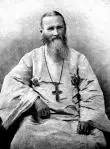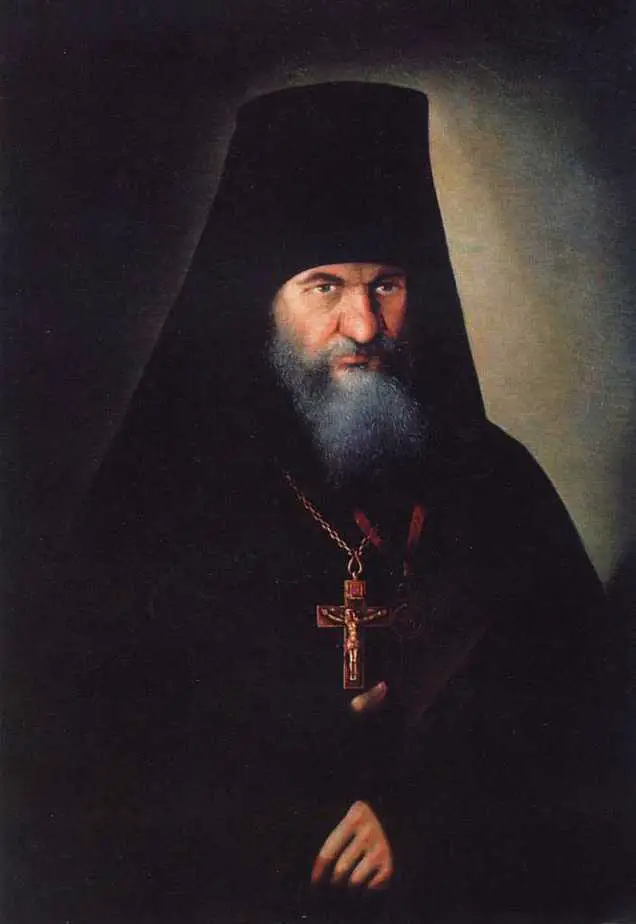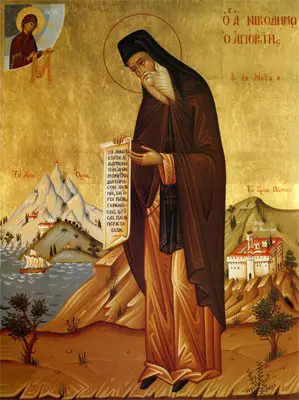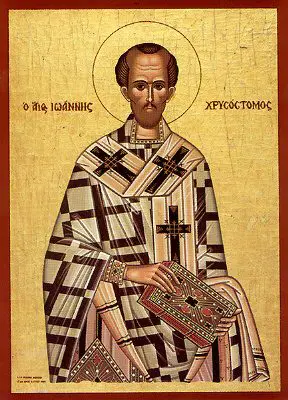St. Justin Popovich: . . . Our era is, above all, an era of idol-worship. . . .
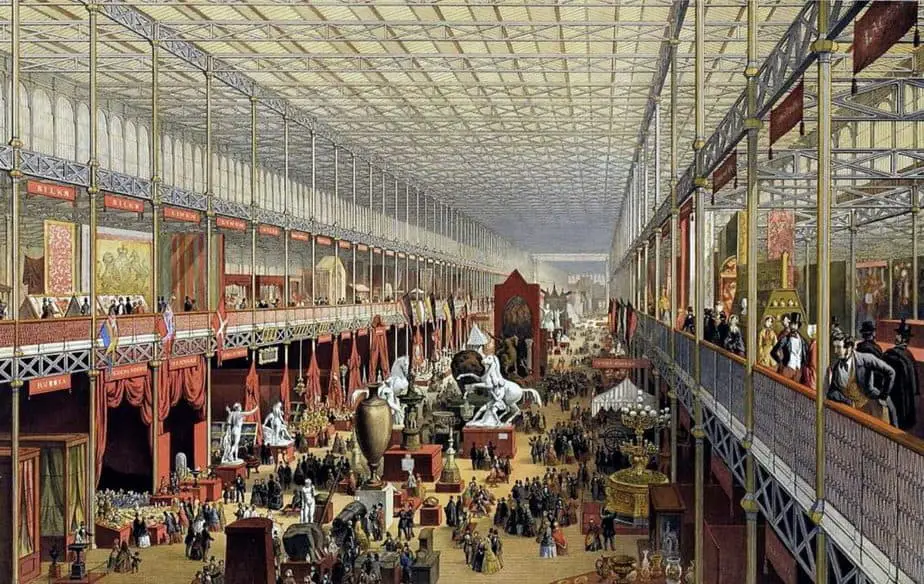
Do you not notice that, in his mania for culture, European man has transformed Europe into an idol-factory? Almost every cultural item has become an idol. Our era is, above all, an era of idol-worship. No other continent is so engulfed by idols as is contemporary Europe. Nowhere else are material things so revered, nowhere else do people live for them as much as in Europe. This is idol-worship of the worst kind, for it is the worship of clay. Tell me, does a man not worship clay when he selfishly loves his earthen flesh of clay, and persistently asserts: I am flesh, and flesh alone? Tell me, does European man not worship clay when he takes as his ideal a class, a nation or mankind as a whole?
+ St. Justin Popovich, Man and the God-Man (Contemporary Christian Thought Series Book 4)
St. Justin Popovich: . . . Our era is, above all, an era of idol-worship. . . . Read More »





